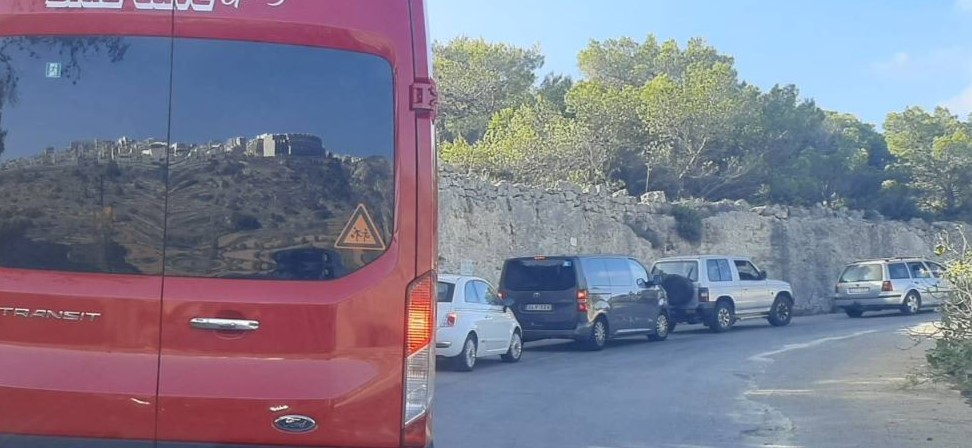37,000 newly-licensed foreign drivers since 2017

In just seven years the number of newly-licensed foreign drivers on Maltese roads rose by more than 37,000 which equates to a daily increase of 17. Moreover, the peak was reached in the run up to the last general election whereby in February 2022 – a month before the country went to the polls – the monthly average doubled as over 1,000 licences to foreign drivers were issued.
These figures are likely to stir further debate on the impact of the sharp increase in the country’s population which is putting a huge infrastructural strain, not least the traffic situation. Furthermore, some of the findings are likely to raise eyebrows in the context of the driving licence racket which had been exposed in September last year. The scandal had triggered a raft of arrests, and subsequently charges were issued against several Transport Malta officials. Criminal court proceedings are currently at compilation of evidence stage.
WhatsApp messages published by Times of Malta showed how officials at the transport regulator were involved in a racket to dish out driving licences to selected candidates due to their political connections. In one case, the employer of third country nationals who had come to Malta seeking a job, asked for their application to be speeded up.
Apart from this racket, Opposition MP Adrian Delia last year highlighted how Y-plates were all of a sudden being issued by the hundreds, to persons with questionable credentials. This lax situation resulted in Maltese roads being flooded with Y-plate vehicles overnight, amid complaints of illegal parking and lack of garage storage facilities for these cars at night in line with the law.
Opposition MP Charles Azzopardi recently asked Transport Minister Chris Bonett for a breakdown in the number of new licenses issued to foreigners. It transpires that between 2017 and January 11 of this year, 36,880 such documents were issued.
The figure is very significant when compared to the island’s population which until a decade ago was 400,000. Such a spike will undoubtedly bring under the spotlight government’s economic policy, which since 2013 has been primarily geared towards the importation of tens of thousands of third country nationals.
While this has fuelled consumption and economic growth, it has resulted in huge strains in the country’s infrastructure such as the road network. Consequently, even areas which until a few years ago were considered as peripheral like Mgarr, Mellieha, St Paul’s Bay, Rabat and Luqa are experiencing unprecedented traffic gridlocks on a daily basis. Though government tried to mitigate the situation through junction upgrades and free bus service, such measures are nonetheless not coping with the demand.
